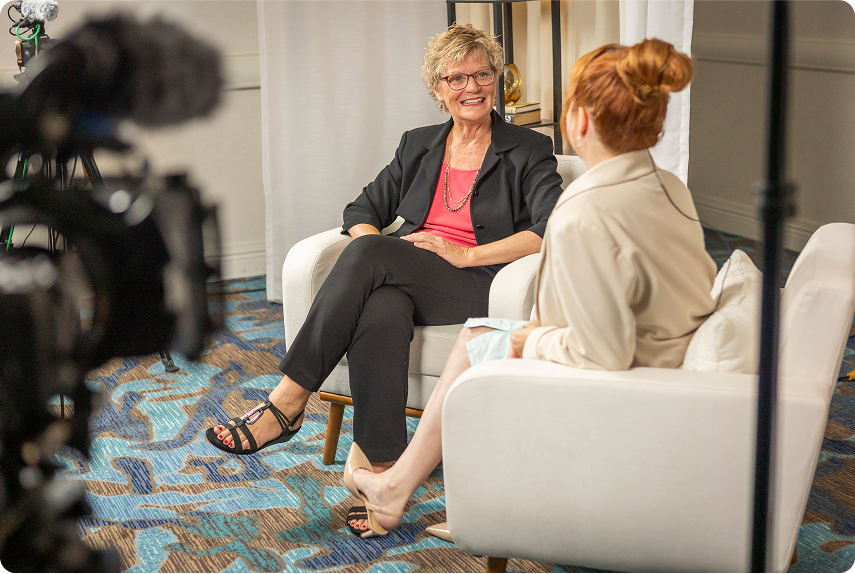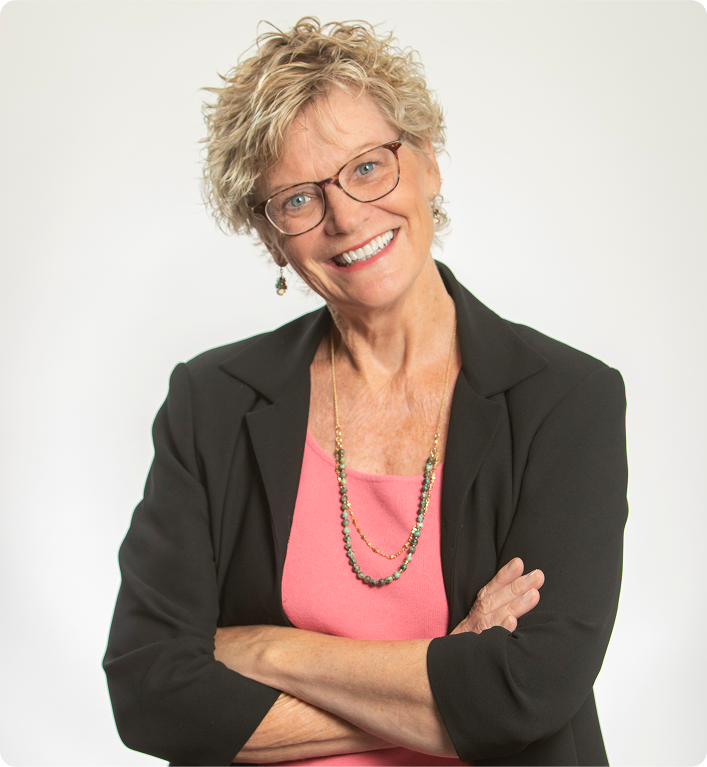Interview Recorded on: August 8,2025
Dr. Gail Reilly stumbled into addiction medicine by accident—and found her life's calling in the process.
This board-certified family physician and Navy veteran inherited a medication-assisted therapy practice at a federally qualified health center, expecting nothing more than another clinical responsibility. Instead, she discovered what she calls "something special"—a field where medicine meets immediate transformation.
Unlike most medical treatments that unfold slowly, buprenorphine delivers what Dr. Reilly calls "rapid, life-saving results." Patients who receive the medication today often stop using opioids within a week—a response time almost unheard of in medicine.
But the real breakthrough isn't pharmaceutical. It's relational.
Trust as Treatment
Dr. Reilly's favorite patient story involves a man fresh from 16 years in federal prison who initially distrusted this "white hair, blonde, blue-eyed person." Over 18 months, they built a therapeutic relationship so powerful it became part of his treatment protocol.
"The relationships I've had with my patients in addiction medicine bring me to tears sometimes," she reflects. "I fully believe that relationship was part of his treatment, as much as the medicine."
Scaling Through Primary Care
Her current mission: training primary care providers to treat addiction. Her calculation is simple but significant—if every primary care provider treated just 30 patients with opioid use disorder, we could address the crisis at scale without building a single new treatment center.
The bonus? Primary care eliminates stigma. Patients visiting for addiction treatment blend seamlessly with those seeking care for stubbed toes or blood pressure checks.
The Power of Lived Experience
Dr. Reilly credits peer recovery specialists—people with lived addiction experience—as her greatest teachers. These team members also serve as crucial reality checks, preventing her from "over-functioning" for patients who need to own their recovery journey.
Her approach to the inevitable heartbreak? See patient losses not as personal failures, but as system failures. Dr. Reilly brings a calm, curious presence to each encounter while leaving her personal struggles at the door.
















